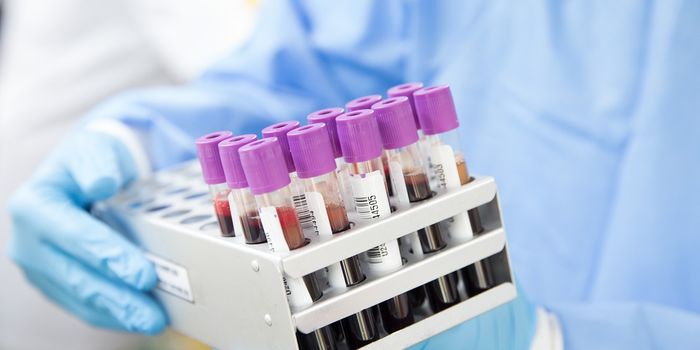Malaria Parasite Inspires New Bladder Cancer Drug
The malaria parasite was the inspiration behind the newest drug for the treatment of bladder cancer. In particular, the drug derived from the malaria protein may be potent against some intractable forms of the disease.
Bladder cancer doesn’t get as much attention as other cancers, like breast, kidney, or prostate cancer. However, bladder cancer accounts for about 5% of all new cancer cases in the U.S., and it is the fourth most prevalent cancer in men. In 2016, the American Cancer Society estimates nearly 77,000 new bladder cancer cases, which may claim more than 16,000 lives.
Though some types of bladder cancer have good prognoses, some types are resistant to standard chemotherapy treatments, such as cisplatin. This increases the risks for metastasis, which severely diminishes the survival outcomes.
To find new drug targets for bladder cancer, the research team, led by Mads Daugaard of the University of British Columbia, turned to the malaria parasite. They found that a protein derived from the parasite, called VAR2CSA, can deliver chemotherapy agents directly to the tumors. This protein targets the drug to based a sugar molecule that’s only present in cancer cells and the placenta.
"This is the first study where we put the concept of using malaria proteins for cancer therapy into a direct clinical context," said Daugaard, the study’s senior investigator. "There is a massive clinical need to find new treatments for bladder cancer and we saw an opportunity to target this disease with our new malaria drug."
In a mouse model of drug-resistant bladder cancer, the team found that the malaria protein correctly targeted the cancer drugs to the tumors. In addition, the tumors shrank in response to the the malaria drug combo. Animals treated with the malaria protein were alive for longer than the untreated control animals.
"No second line treatment option is available," said Daugaard. "We're very excited by these results because it shows that we are on our way to developing a completely new treatment option for lethal bladder cancer. It has the potential to have a tremendous impact on patient care."
The team’s next plan is scaling up the production of the VAR2CSA drug combo for clinical trials.
Additional source: University of British Columbia via EurekAlert!









